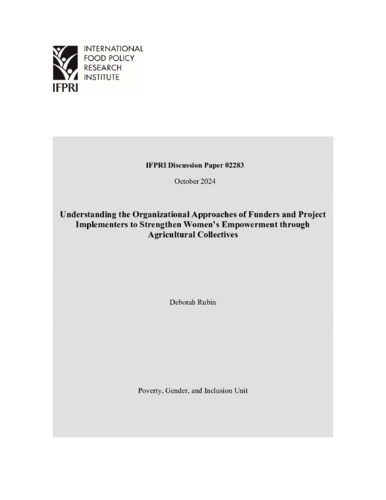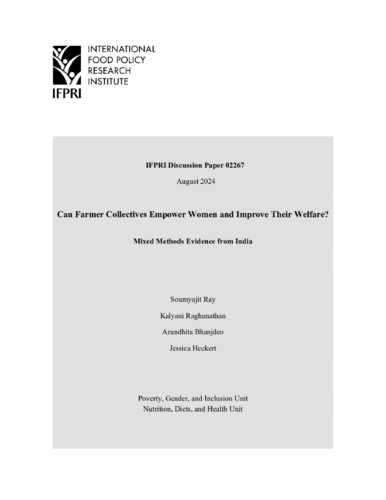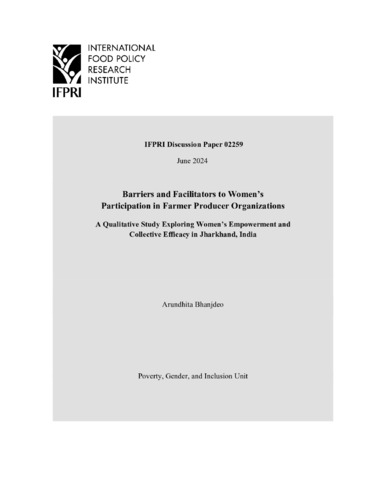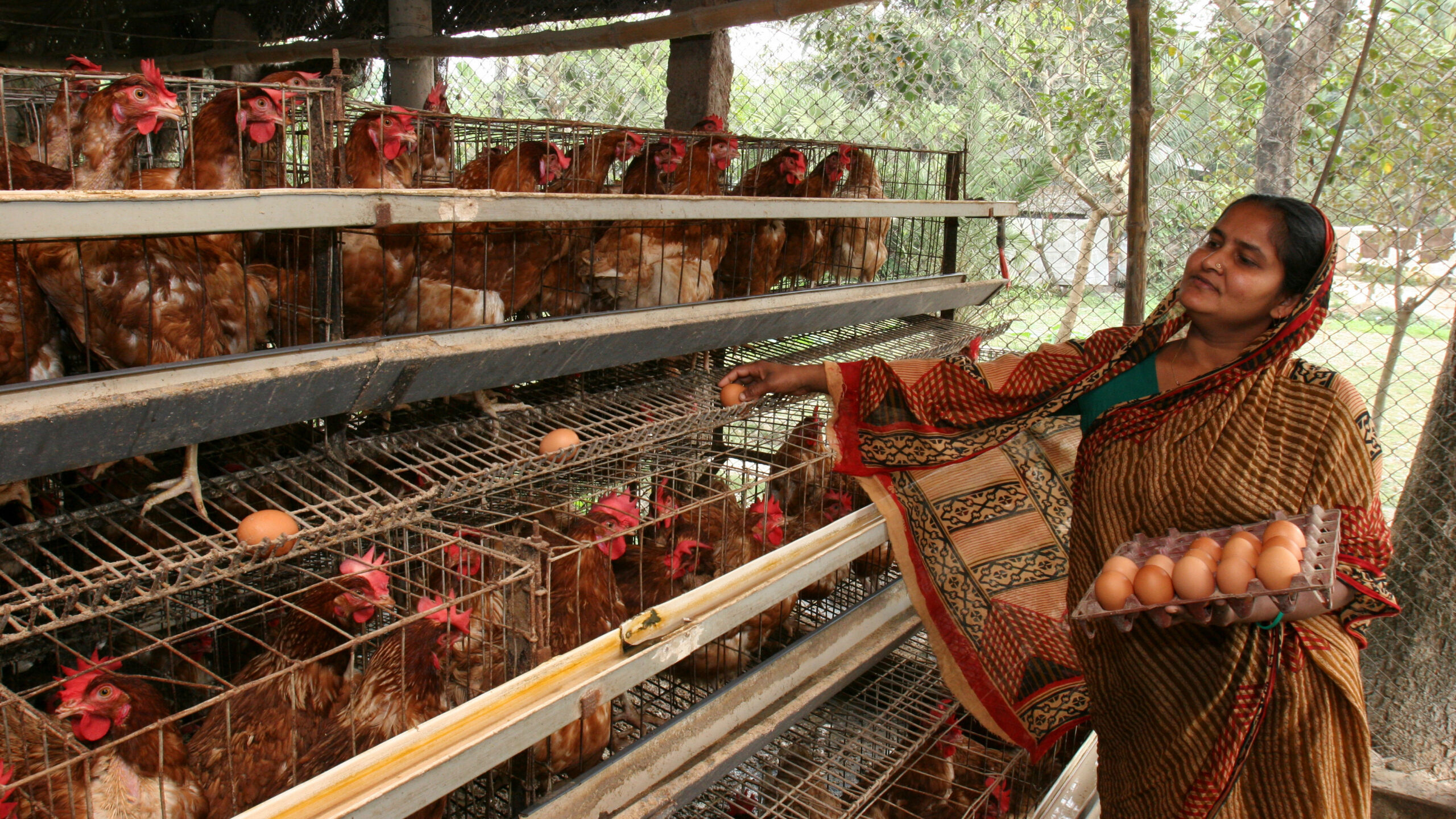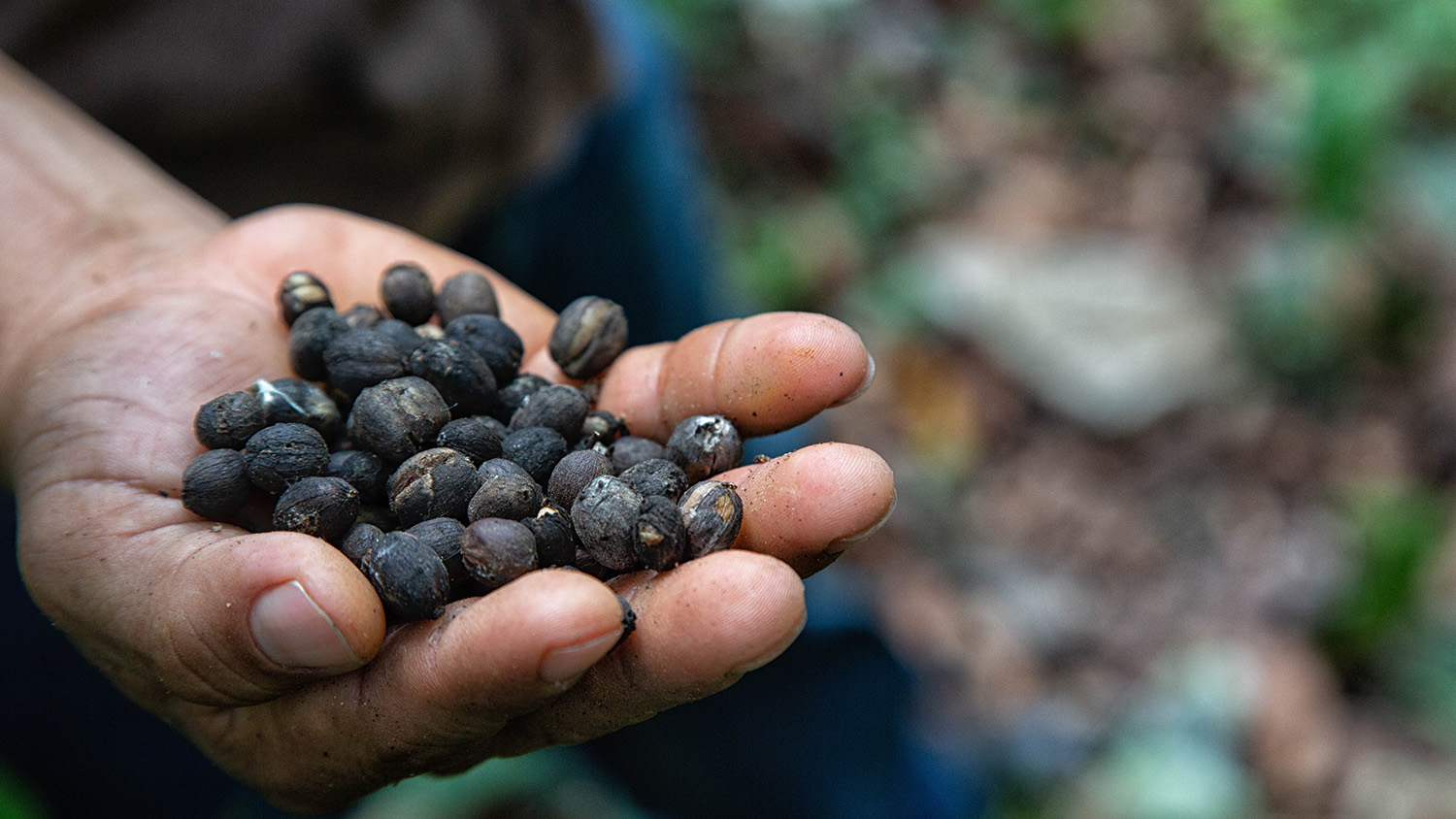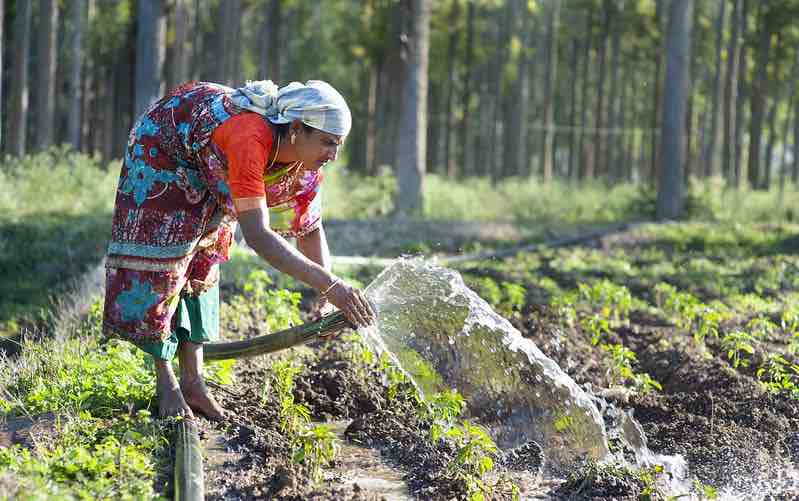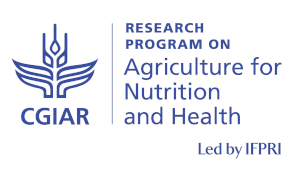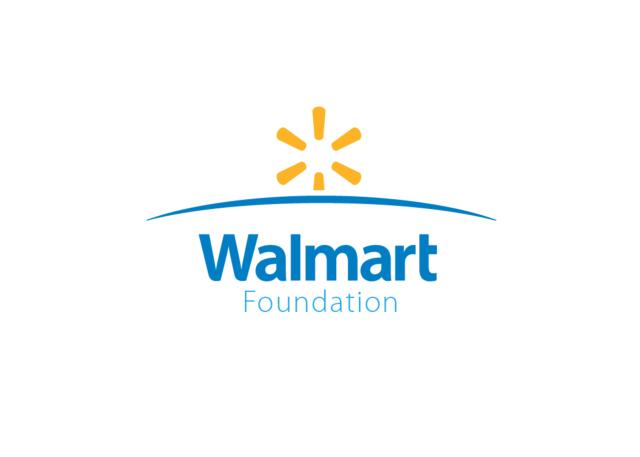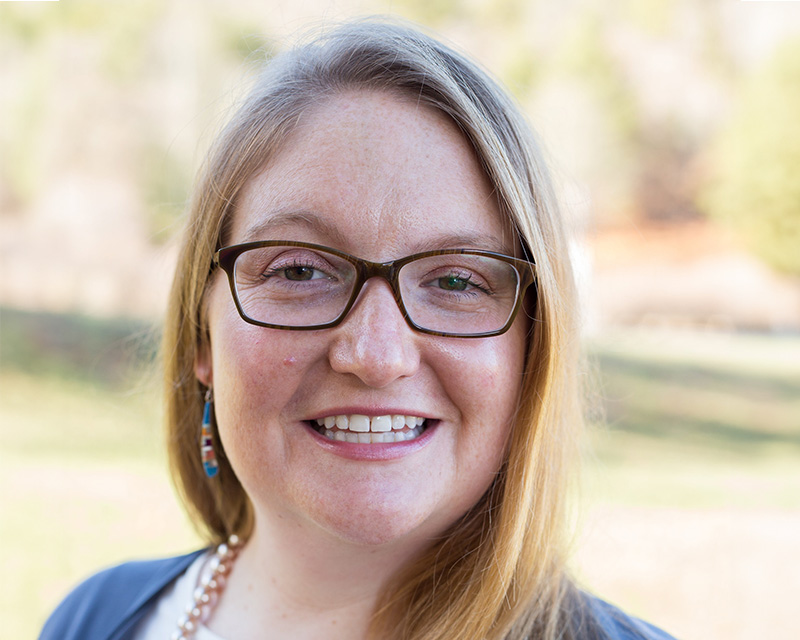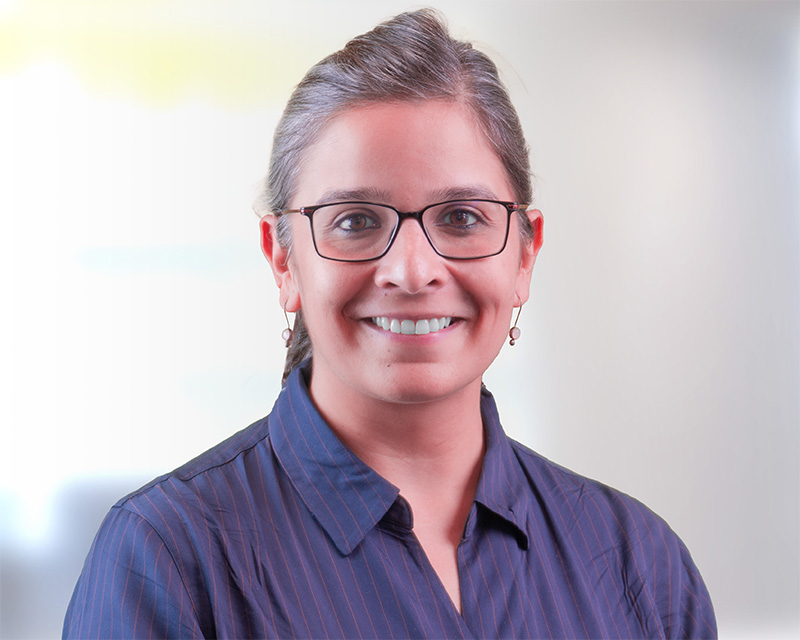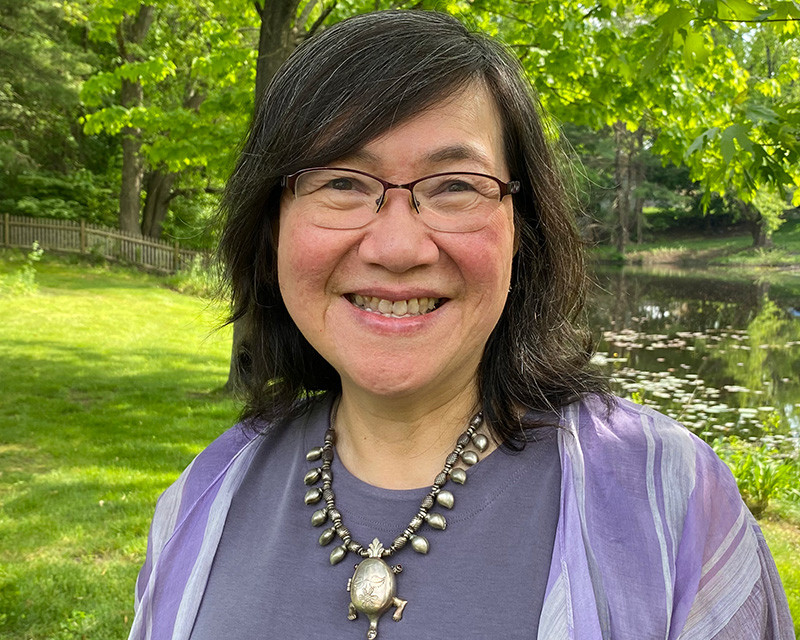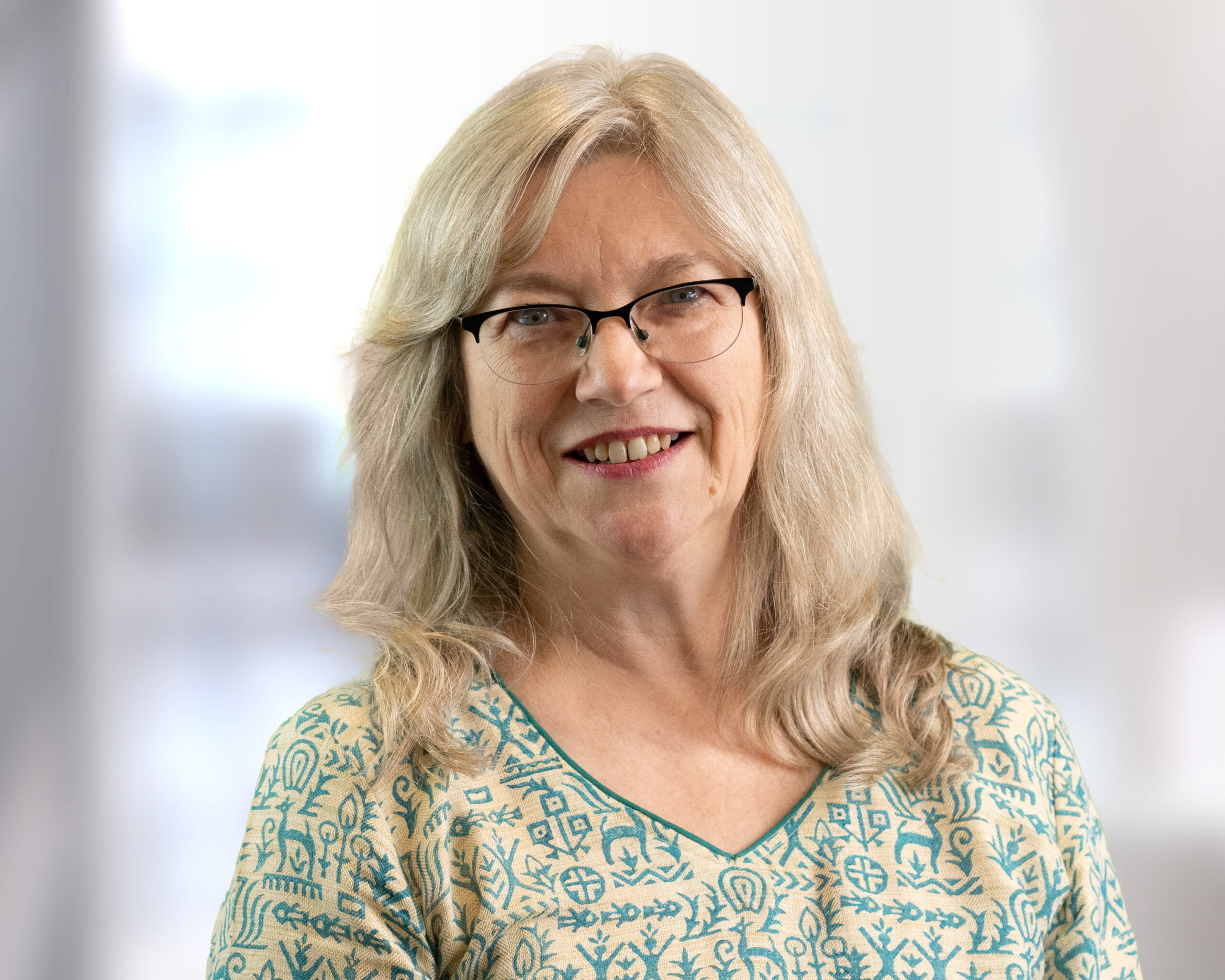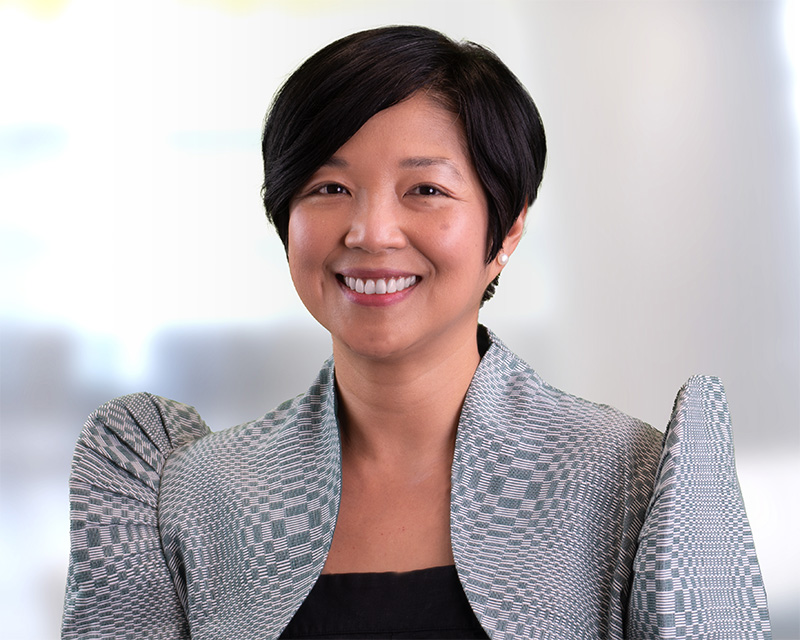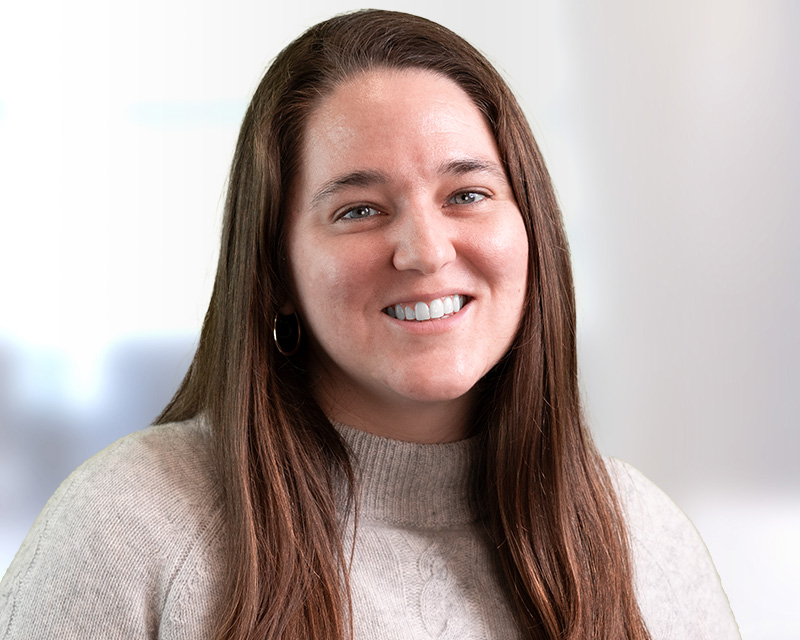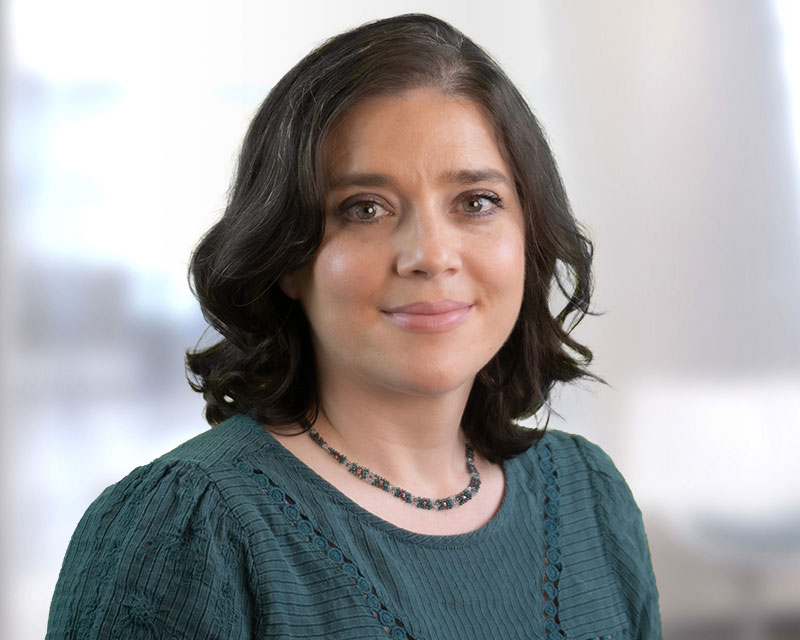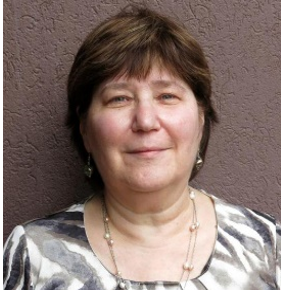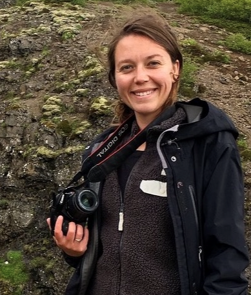ANEW is a portfolio project that will develop and validate measures of women’s empowerment for use by projects engaged in marketing agricultural products using collective-based organizations. The new set of metrics will build on the project-level WEAI for Market Inclusion (pro-WEAI+MI) and will expand the existing metrics in two ways –
- To sharpen the focus on marketable agricultural products, and
- To develop measures of collective empowerment, including at the group level.
In addition to this set of metrics, ANEW will also develop and validate a short monitoring and evaluation (M&E) version of the tool to be used by implementing organizations to track aspects of women’s empowerment as part of their existing M&E systems.
The ANEW portfolio consists of four projects supported by the Walmart Foundation, based in India, Mexico and Guatemala. These projects represent a diverse range of agricultural products, farmer-producer collectives, and innovative program designs. Two of these—PRADAN in India and TechnoServe in Guatemala—will partner with IFPRI to conduct rigorous impact evaluations. The other two—Root Capital in Mexico and Grameen Foundation in India—join the portfolio with an existing research partner.
ANEW will use quantitative and qualitative methods to determine what works to empower women in these contexts, and our commitment to cross-disciplinary and mixed-methods work is reflected in the composition of our team. All four projects in the portfolio will implement the new metrics as part of their baseline and endline surveys, and the data collected will be used to validate and modify the tools. Formative qualitative work is planned with the portfolio projects and others in similar geographies that use comparable approaches. In addition, we will collect qualitative data over the course of ANEW to help contextualize and refine the metrics further.
Metrics developed under ANEW will be made publicly available for use by the broader community of practice. Our team will develop manuals and guides to help projects adopt these metrics. We will also provide training workshops in 2022, and regular helpdesk assistance for technical questions. In doing so, we hope to build and strengthen the capacities of implementing organizations to track changes in women’s empowerment over the course of their interventions.
- Find below tabs to learn more about the ANEW partner projects
- Strengthening the Measurement Tools and Evidence Base for Collective Approaches to Smallholder Livelihoods: The Impact of Coffee Collectives on Women’s Empowerment in Mexico
-
- Geography: Mexico
- Collectives: Farmer-member cooperatives (coffee collectives)
- Commodities: Coffee
- Implementing organization(s): Root Capital Root Capital
- Evaluating organization(s): Root Capital in partnership with External Advisor Erin Fletcher, PhD
- Project description: Root Capital supports agricultural collectives so they can strengthen rural communities. Root Capital 1) provides these collectives with the working capital they need to purchase crop from farmers, on-time, at higher prices; and 2) offers highly customized training to strengthen financial management, governance, and agronomic capacity as well as gender equity within the collective. Root Capital’s ANEW project focuses on its work with coffee collectives in Mexico, where it has supported 107 coffee enterprises with lending and advisory services since 1999, each reaching approximately 180 women smallholders. The main research questions this evaluation seeks to answer is: “How does affiliation with a cooperative that is a Root Capital client influence the production, agricultural practices, income, and economic empowerment of farmer-members, and do these outcomes differ by gender?”
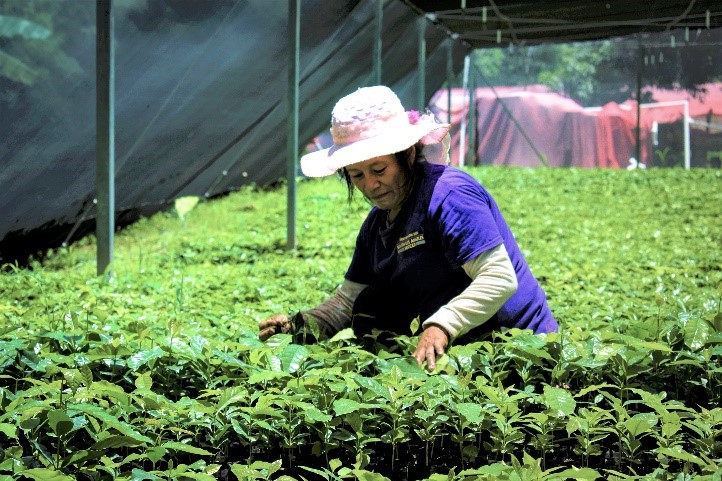
Photo credit: Root Capital
- MANDI: Market Access eNabled by Digital Innovation in India
-

- Geography: India
- Collectives: Farmer producer organizations (FPOs)
- Commodities: Wheat, rice, vegetables, pulses and millets, oilseeds, medicinal and aromatic plants, horticulture, and floriculture
- Implementing organization: Grameen Foundation India
- Evaluating organization: Grameen Foundation USA, Grameen Foundation India, and Brigham Young University
- Project description: MANDI is a Grameen Foundation USA and Grameen Foundation India’s 24-month initiative that aims to strengthen the capacities of FPOs in the Purvanchal region of Uttar Pradesh, India to connect smallholder farmers (SHFs), especially women, to market and finance, to improve farmers’ incomes and resilience. Through this program, Grameen will implement interventions with 40 FPOs. The project aims to support 10,000 SHFs, including at least 4,000 female farmers, working across several value chains such as wheat, paddy, vegetables, and other crops to improve their access to extension services, market opportunities, and financial services. The evaluation will test three questions: (1) does digital technology adoption strengthen market linkages and improve financial access for SHFs, (2) does improved intra-household bargaining lead to better SHF market orientation and greater women’s engagement and empowerment, and (3) whether broadening the suite of financial products available can improve SHF resilience and enhance their gains.
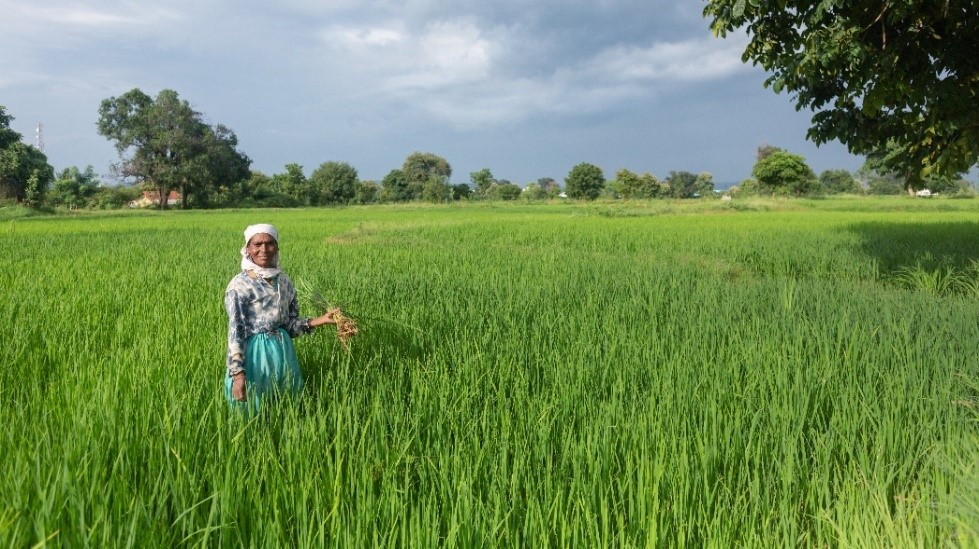
Photo credit: Grameen Foundation
- Smallholder Market Access in Central America
-
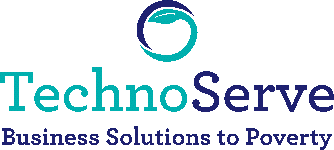
- Geography: Guatemala
- Collectives: Farmer producer organizations (FPOs)
- Commodities: Horticultural crops, export vegetables (sugar snap peas, snow peas, green beans, mini carrots, and broccoli), avocado, and banana
- Implementing organization: TechnoServe
- Evaluating organization: IFPRI
- Project description: TechnoServe is working to increase revenues for fresh produce smallholder farmers (SHFs) in Guatemala and Nicaragua by integrating the farmers into a more inclusive and profitable market system. The Smallholder Market Access Program in Central America is a 32-month intervention that began in 2019 to sustainably increase the revenue of up to 5,000 SHFs in this region (at least 30% of whom are women), by at least 20%. The main interventions include training SHFs on agronomy and farm management, enhancing FPO capacity around gender equitable practices, business management and postharvest practices, strengthening linkages between the buyers of produce and the SHFs, and improving SHF and FPO access to financial tools. The interventions have a specific focus on women SHFs, and seek to answer the question: “What is the impact of the women’s empowerment-focused interventions at two levels—individual farmers (improving the participation and performance of women farmers) and FPOs (addressing their gender gaps)—on the empowerment of women SHFs, particularly their ability to make and act on economic decisions?”
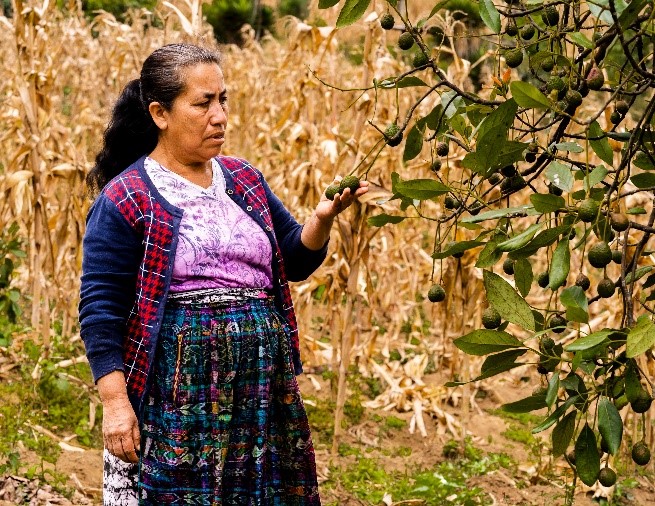
Photo credit: TechnoServe
- LEAP – Livelihoods Enhancement through market Access and women emPowerment
-
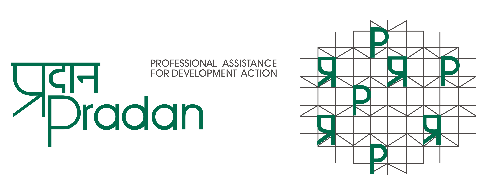
- Geography: India
- Collectives: Women’s self-help groups (SHGs), producer groups and women’s farmer producer organizations (FPOs)
- Commodities: Vegetables, cereals, horticulture crops, and livestock (goat and poultry)
- Implementing organization: PRADAN
- Evaluating organization: IFPRI
- Project description: PRADAN promotes sustainable livelihoods which are integrated with gender, governance, and access to rights and entitlements. The goal of the LEAP project is to create livelihood opportunities for 45,000 women from smallholder households to sustainably double their income over four years and take them irreversibly above the poverty line. The project will facilitate women’s access to services, resources, and markets by adopting a livelihoods graduation approach. It will also help women SHG members to be enrolled into formal FPOs and strengthen their capacity to gainfully engage with other market players. Under ANEW, the impact evaluation will study whether these interventions improve economic outcomes, such as profit and yield, as well as women’s empowerment outcomes, such as women’s agency within the household and their participation in decision-making.
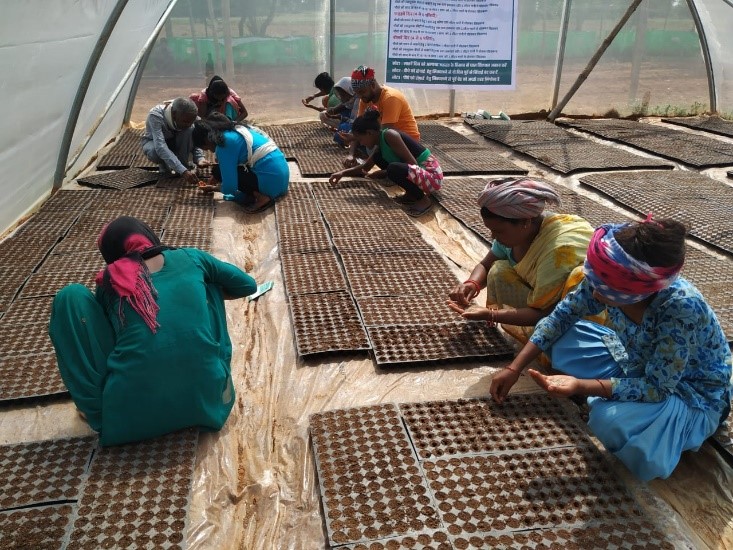
Photo credit: PRADAN





